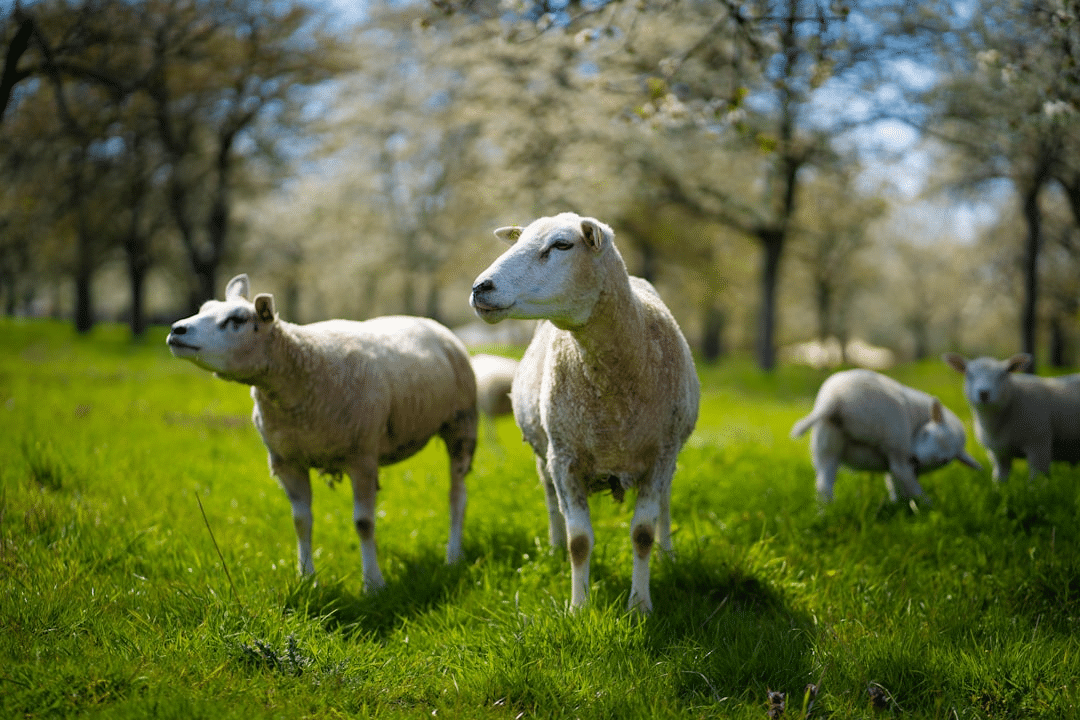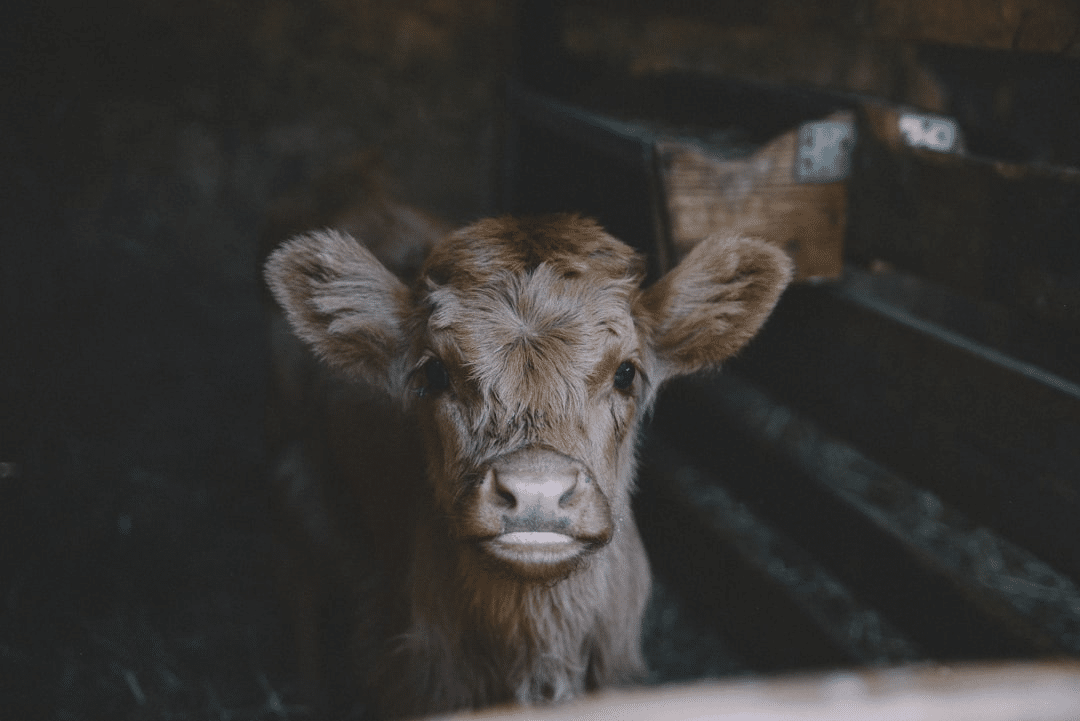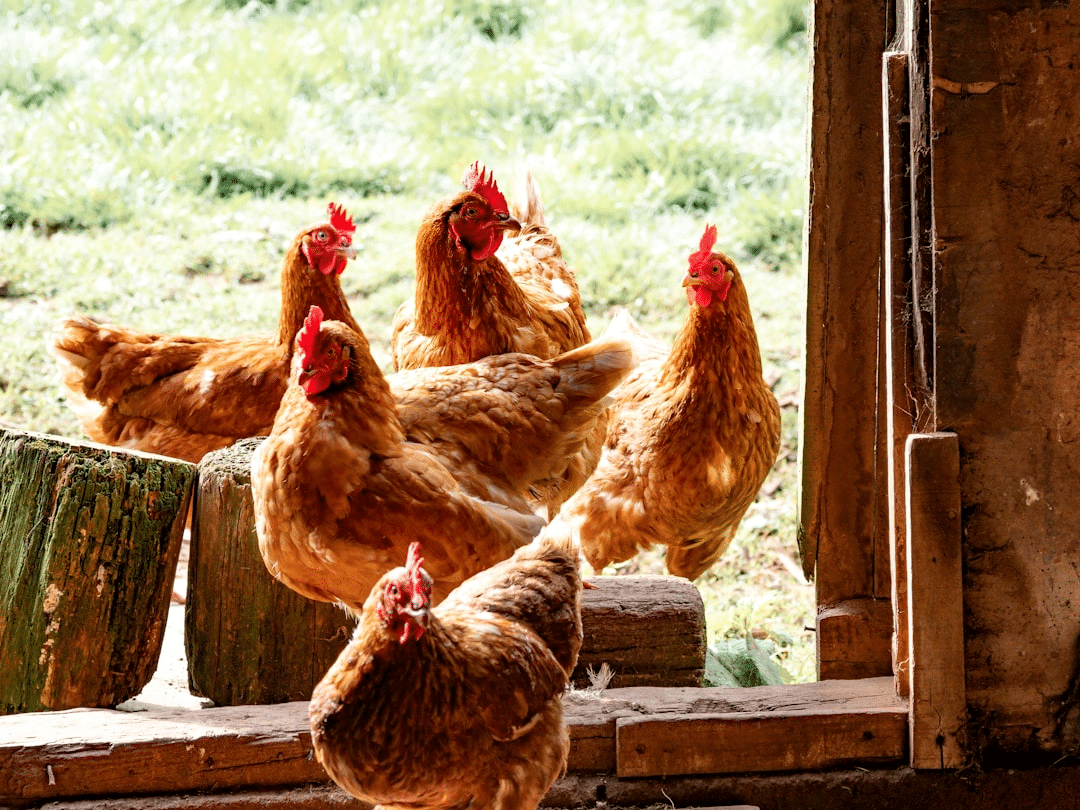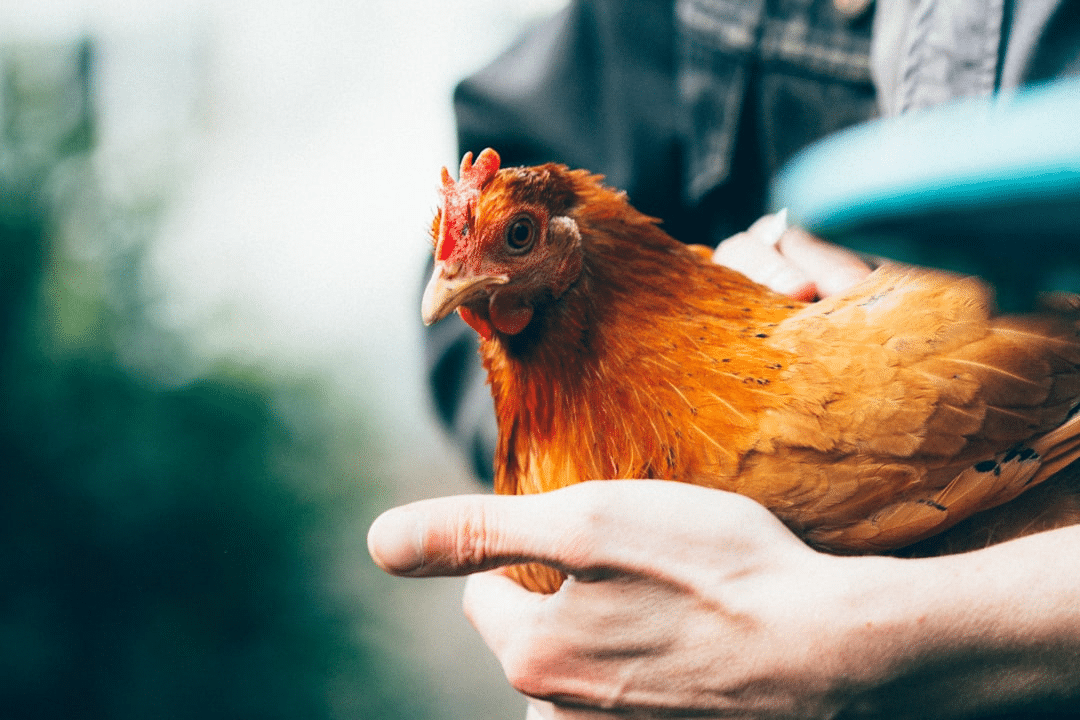Did you know that the United States is one of the agricultural powers of the world, but it has only 1.9 million farms, the smallest number in the world? So we need more farms, even if they are just hobby ones that provide safe homes for rescue animals!
That unused backyard patch can be used for vibrant veggies or just enjoying the blissful sounds of clucking chickens and buzzing bees. Unlike a full-blown small farm business that aims to make a living off your land, a hobby farm is more about passion and pleasure. You’re not aiming for total self-sufficiency like the hardcore homesteaders, and you’re definitely not banking on the farm to pay your bills.
One thing to keep in mind: a hobby farm can be a bit of an investment, but what you do and how you do it is very customizable. We’ve got four essential tips to get you started.
Tip 1: Get a Chicken Coop Ramp
Your chicken coop should be on stilts, sitting a foot or two off the ground, to keep predators like snakes, foxes, and other unwelcome visitors at bay. A coop that’s lifted off the ground makes it harder for these sneaky critters to get inside and wreak havoc. Plus, it keeps things drier and cleaner underneath, which is a win for everyone involved—except, of course, the predators. Last but not least, it’s really helpful when it comes to cleaning your chicken coop, as it makes it easier to reach all its internal parts without having to bend your back too much.
As a result, chicken coop ramps are essential for giving your feathered friends safe and easy access to their elevated homes. Without a ramp, your chickens would be left flapping and scrambling to get in and out of the coop, which is neither fun nor safe. A ramp ensures that even the less agile birds can easily come and go, reaching their roosting spots without a hitch.
You want a ramp that’s sturdy and stable. Most ramps are just a large board with smaller rungs attached along the length. These rungs are crucial because they give your chickens something to grip onto as they navigate the incline. A ramp that’s too slippery or steep can be a real hazard.
The ideal width for a chicken coop ramp is at least 8 inches. Anything narrower, and your chickens might not feel secure enough to use it. The length depends on how high your coop is off the ground. The higher the coop, the longer the ramp must be to keep the incline manageable.

Image credit: Michel Stockman
Tip 2: Decide Which Animals to Bring Into Your Little Farm Family
The decision of which animals you’ll adopt is crucial because it affects everything from your daily routine to the overall vibe of your backyard sanctuary. One of the main joys of a hobby farm is forming bonds with your animals. You want critters that are friendly, social, and get along well with humans and each other.
Chickens, ducks, rabbits, and goats are popular choices because they tend to be social and relatively easy to manage. Consider animals known for their friendly and approachable nature to ensure a harmonious and enjoyable environment.
Before you get too attached to the idea of having a mini menagerie, it’s crucial to check your local ordinances. Different neighborhoods have different rules about which animals are allowed, how many you can have, and the requirements for their housing.
You don’t want to invest time and money into setting up your hobby farm only to discover you cannot keep your chosen animals. Speak to city officials and get clear answers on what’s permitted in your area, including any noise and waste management restrictions.

Image credit: Olga Kravchuk
Tip 3: Talk to The Neighbors
Talk to your neighbors—especially those who are already farming in the area. These conversations can provide invaluable insights that books and online articles simply can’t match. You can learn about the best times to plant certain crops, effective pest control methods, and how to deal with the local climate by talking to them. Their experiences will help you avoid pitfalls and set you up for success.
Farming can be challenging, even on a small scale, and having a support network makes a big difference. By introducing yourself to your farming neighbors, you can build relationships that might be useful when you need advice, help, or even some moral support.

Image credit: Brett Jordan
Escape the City Life and Find Nature
A House in the Hills offers a unique community of hillside homes designed to help you unwind and reconnect with the simpler things in life. Our homes are carefully crafted to blend seamlessly into the natural landscape, ensuring that every view is as stunning as it is serene. Start a hobby farm or simply enjoy a peaceful retreat; our community provides the perfect setting.

